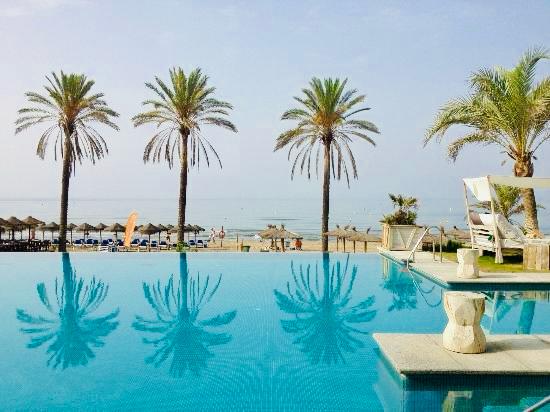How to Buy Real Estate in Spain: A Guide for Buyers


Did you know that Spain is one of the most popular countries for foreign investors? The Costa del Sol is one of the most desirable regions, attracting buyers for both vacation homes and investment properties. However, it is essential to understand the key legal and financial aspects before making a purchase.
This guide will cover the steps involved in buying property in Spain, from the initial stages to registering the property.
1. Obtain an NIE Number
To purchase property in Spain, you must first obtain an NIE number (Número de Identidad de Extranjero). This is a personal identification number required for all financial transactions, including property purchases.
How to obtain it: You can apply through the Spanish embassy in your home country or at a National Police station (Comisaría de Policía) in Spain.
Note: Without an NIE number, you cannot sign contracts or pay taxes, making this step critical.
2. Do You Need a Spanish Bank Account?
While it is possible to buy property in Spain using a foreign bank account, it is much easier with a Spanish bank account.
• You can pay for utilities easily.
• It simplifies payments for notary and legal services.
• A Spanish bank account is required if you are applying for a mortgage.
Tip: Open an account as early as possible to avoid delays during the process.
3. Reservation Contract
Once you have found a property, you should sign a Reservation Contract (Contrato de Reserva). This contract ensures that the property is temporarily taken off the market while the paperwork is being processed.
• The deposit amount is typically €3,000 – €10,000, depending on the property value.
• The deposit is generally non-refundable unless there is a legal issue with the property.
4. Preliminary Purchase Agreement
The next step is signing a Contrato de Arras (Deposit Agreement). This contract includes:
• The final sale price.
• Payment terms.
• Penalties for either party failing to meet obligations.
A 10% deposit is usually required at this stage.
Note: If the seller withdraws from the sale, they must return double the deposit amount.
5. Why Should You Hire a Lawyer?
Although the notary certifies the transaction, they do not conduct a detailed legal check. It is highly recommended to hire a lawyer to ensure that:
• The seller is the legal owner.
• The property has no outstanding debts or legal issues.
• The property complies with urban planning regulations.
Legal fees typically amount to 1% of the property price, but hiring a lawyer can prevent future complications.
6. Final Contract and Notary Process
Once all documents are ready, the final purchase contract (Escritura de Compraventa) is signed at the notary’s office.
• The buyer pays the remaining balance.
• The notary confirms that all taxes and fees have been paid.
• The property is registered in the Land Registry (Registro de la Propiedad).
Note: You officially become the legal owner only after the contract is registered.
7. Taxes and Additional Costs
When buying property in Spain, additional costs should be considered:
• VAT (for new properties): 10% of the purchase price.
• Government taxes: Around 7% of the purchase price.
• Notary fees: Around 2% of the purchase price.
• Legal fees (lawyer): Around 1% of the purchase price.
Overall, additional costs typically range between 10–12% of the property price.
Note: These costs apply whether you are purchasing with cash or financing.
Is It Worth Investing in Property in Spain?
The Costa del Sol is a popular choice for those seeking a home, vacation property, or investment opportunity. The region offers a mild climate, a stable real estate market, and high rental potential.